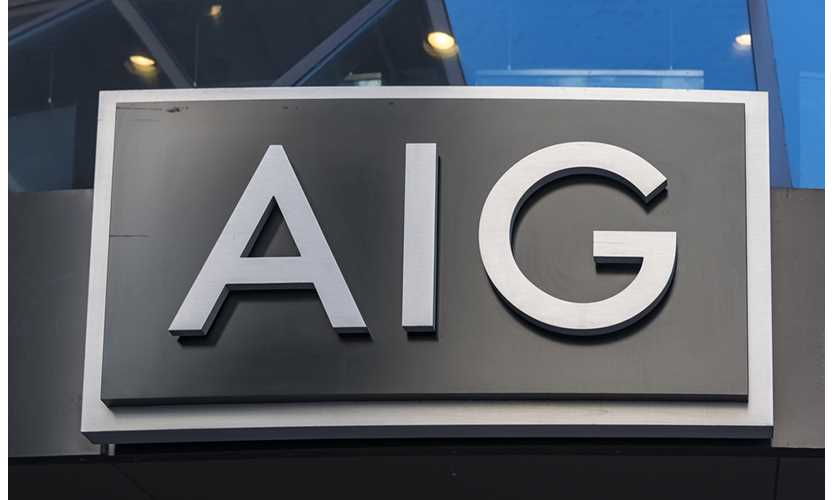Insurer CEO incentives shifted to stock awards after financial crisis
Reprints
Compensation packages for insurer CEOs have changed significantly since the 2008 financial crisis with incentive payments moving from bonuses to stock awards and options, according to a study by Florida International University in Miami released Tuesday.
The change in composition of executive pay in the industry more closely aligns executive performance with shareholder interests, the researchers found.
According to the study, CEO Compensation and Firm Performance in the Insurance Industry, which is due to be published in the journal Managerial Finance, average CEO pay in the insurance sector is $6.34 million.
The researchers, led by Deanne Butchey, lecturer in the department of finance at FIU, compared annual data from 2001 to 2016 for 73 publicly traded insurers, including accident and health insurers, life insurers, property/casualty insurers and surety firms. Companies studied included commercial and personal lines insurers.
Comparing components of compensation packages before and after the financial crisis, the study found average bonuses were reduced by two-thirds, stock awards and non-equity incentives doubled, and option awards increased almost 70% over the pre-crisis period.
“We found that the shift in executive compensation was a response to the crisis,” said Ms. Butchey, in a statement accompanying the study. “We also found that when the CEO held a dual role, acting as also the chairman of the board, (he or she) was better able to influence salary, bonuses, and long-term incentives. This influence declined in the post-crisis period.”
Read Next
-

AIG shareholders approve $21 million pay package for CEO
(Reuters) — American International Group Inc. said shareholders approved a $21 million pay package for CEO Brian Duperreault during the company’s annual meeting on Tuesday.